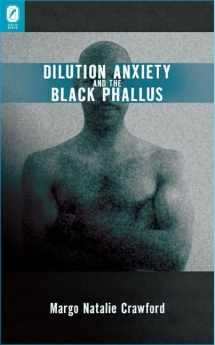
Dilution Anxiety and the Black Phallus
Book details
Summary
Description
After the “Black is Beautiful” movement of the 1960s, black body politics have been overdetermined by both the familiar fetishism of light skin as well as the counter-fetishism of dark skin. Moving beyond the longstanding focus on the tragic mulatta and making room for the study of the fetishism of both light-skinned and dark-skinned blackness, Margo Natalie Crawford analyzes depictions of colorism in the work of Gertrude Stein, Wallace Thurman, William Faulkner, Black Arts poets, James Baldwin, Toni Morrison, and John Edgar Wideman. In Dilution Anxiety and the Black Phallus, Crawford adds images of skin color dilution as a type of castration to the field of race and psychoanalysis. An undercurrent of light-skinned blackness as a type of castration emerges within an ongoing story about the feminizing of light skin and the masculinizing of dark skin. Crawford confronts the web of beautified and eroticized brands and scars, created by colorism, crisscrossing race, gender, and sexuality. The depiction of the horror of these aestheticized brands and scars begins in the white-authored and black-authored modernist literature examined in the first chapters. A call for the end of the ongoing branding emerges with sheer force in the post–Black movement novels examined in the final chapters.


We would LOVE it if you could help us and other readers by reviewing the book
Book review



